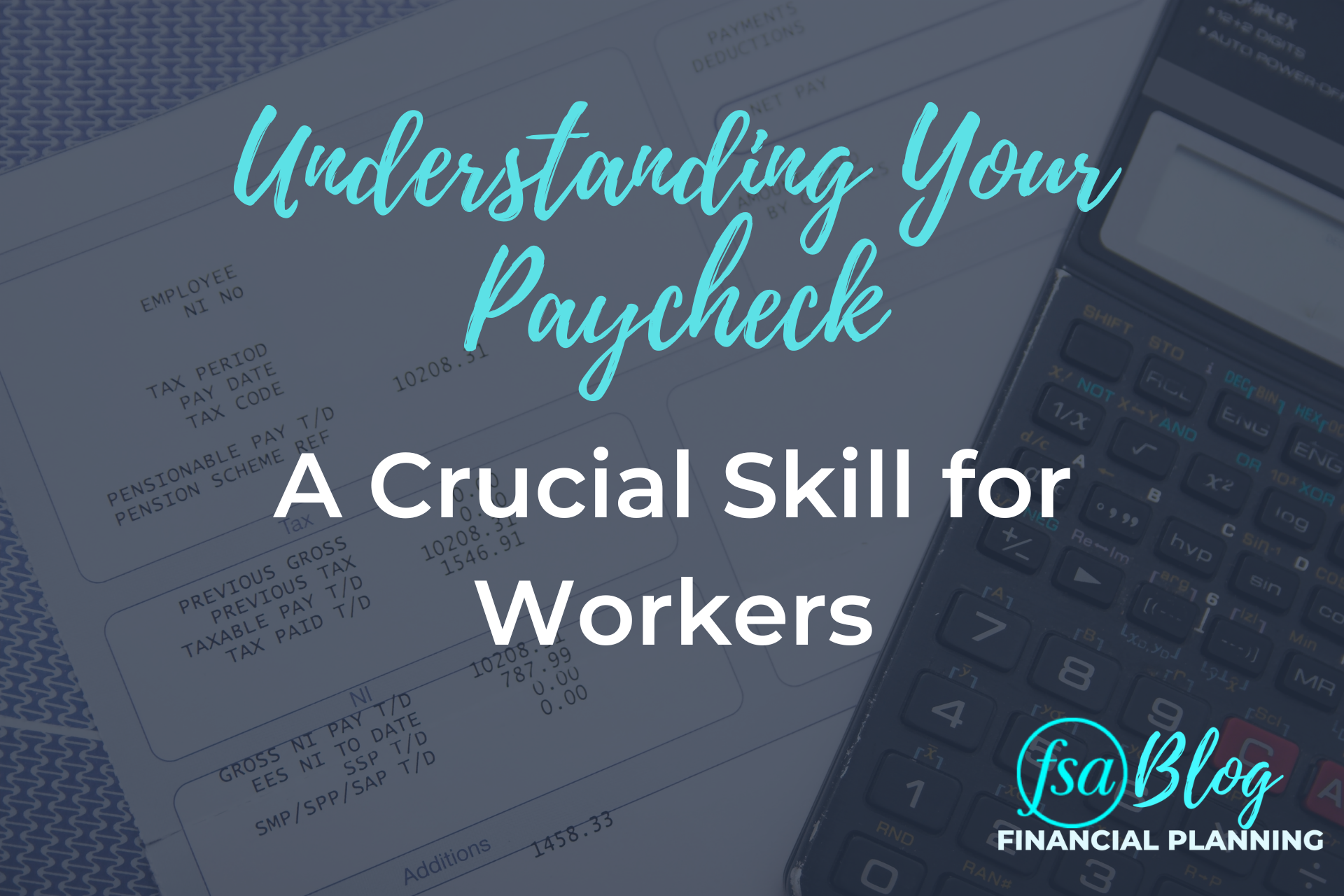There’s a lot of noise out there, and sometimes it can be hard to know what to listen to. You have people claiming we are heading into a recession next year, some claiming that we are in a recession already, and others giving their opinion on what you should invest in right now. All of them usually follow their wisdom with saying this is not financial advice.
It is important to your financial freedom and sanity to tune out, or at least take with a grain of salt, the “not financial advice.” Here’s a look at some of the worst pieces of financial opinions on the internet that you should ignore.
“A 401k Is a Bad Investment “
Out on the web you hear people claiming that a 401k is a bad investment or a scam (including Ravens starting safety, Marlon Humphrey). You can stop right there because a 401k is not an investment but rather an investment vehicle, a powerful one at that. Fidelity Investments, one of the largest custodians of workplace retirement plans, reported that there were 442,000 401k millionaires in 2021. That’s a lot of million-dollar buckets of money. So why are there so many people putting money into this “bad investment?” Four words, tax-deferred compound growth.
A 401k provides tax benefits by either making pre-tax contributions (thus lowering your taxable income) and growing them tax deferred or by making Roth or after-tax contributions (no tax deduction up front) and growing and withdrawing them tax-free in retirement. To the naysayer’s point, there is a 10% penalty for withdrawing money from a 401k before you reach age 59 1/2. But that’s why we encourage clients to save money in multiple types of investment accounts with various tax treatments, i.e., tax diversification. Which leads us to the next piece of noise to ignore…
“You Need to Go ‘All IN’ on One Investment or Investment Vehicle”
Every generation has its investment mania where people go “all in” or risk missing the boat. In the late 1990s, it was dot com stocks. In 2008, it was real estate. Just a couple of years ago, everyone was putting their life savings into crypto, some with cute doggy logos. The fact is that these fast-rising investments tend to fall even faster in bear markets. Never put “all your eggs” in one basket. Instead, we encourage clients to diversify their investments in uncorrelated assets. For instance, when stocks go down, commodities such as oil and gold sometimes go up. By diversifying your assets, you can lessen the impact of major drawdowns.
To add on to this, some people tout that you only need one type of investment account. For example, there are people out there that say the only investment you need is some type of permanent life insurance policy. The truth is that all financial products can be useful in the right circumstances one way or another. There is never one size that fits all. It is up to you and your financial advisor to determine what accounts and investments are needed to achieve your life goals.
“Your Home Is an Investment “
Speaking of fast-rising assets, we’ve seen home prices skyrocket in recent years. That could lead people to believe that their home is an investment and that they won’t need to save much outside of that. The return on your personal residence is really just on paper because your home is an illiquid asset. Said another way, your home is not an asset that you can easily liquidate when you need money. In addition, you’ll always need a place to live, so most times the principal and gains you receive from the sale of your house roll into the next home purchase.
Also, homes have added expenses including insurance, maintenance, interest payments, and taxes which eat into the price appreciation. We tend to view homes as an asset much like your car and other items that are not purchased for investment reasons. Rental properties, however, are a whole other story.
“You Need to Demonstrate Wealth”
Social media is full of people showing off their “best life” with lavish vacations, gadgets, and cars. When you see someone drive by in that big, shiny BMW, you may think that they have lots of money. However, study after study has proven this belief is often wrong. In reality, the average millionaire is more likely to drive a Toyota Camry or Ford F-150 pick-up over a luxury car. Real wealth is created by saving and investing, not splurging and showing off. Being rich and wealthy are 100% different things. Don’t worry about what other people think about the car you drive or the clothes you wear. Real wealth is invisible.
Stay Financially Savvy
Markets will move up and down. However, you can always stay ahead by avoiding bad financial advice that could cost you more than you think. Building wealth is simple and boring but, for some reason, is hard to do for most. Simply save more than you spend, invest in the future, and avoid trying to impress others with displays of wealth, and you’ll end up just fine.
With all the noise in the world, it is nice to have a trusted, objective second opinion from time to time. Enter in a financial advisor. FSA helps our clients focus on what’s important to them and determine the right mix of investments and accounts to get the most out of life. Does that sound like something you’d want? Then you can click here to schedule a phone call with a financial advisor at FSA.
FSA’s current written Disclosure Brochure and Privacy Notice discussing our current advisory services and fees is also available at https://fsainvest.com/disclosures/ or by calling 301-949-7300.




